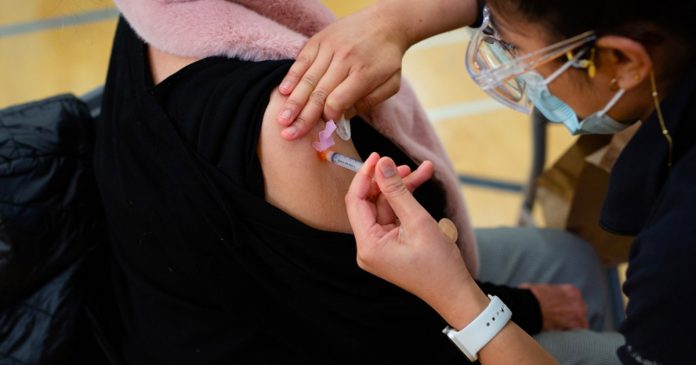Prior to implementing a vaccine passport system which would bar the unvaccinated from accessing non-essential services, BC provincial health officer Dr. Bonnie Henry stated that some First Nations communities faced significant vaccine hesitancy issues.
“There are many (First Nations) communities where the all-of-community approach has meant that 100% of those in the community have been immunized but there are other communities with significant issues around confidence in the vaccine and some issues around access,” Henry told the Vancouver Sun.
“The vaccination rates are high among elders so the message now is for youth in communities that this is important to protect yourself and for elders as well.”
According to official statistics from the BC Centre for Disease Control, as of August 15, 2021, only 66.7% of Indigenous people have been fully vaccinated against the virus in the province. Meanwhile, non-Indigenous British Columbians are reporting a 75.8% fully vaccinated rate.
In response to the slow uptake of vaccines among some communities, the BC government is working with the First Nations Health Authority to further encourage vaccinations.
As reported by True North, First Nations and minority communities have some of the highest vaccine hesitancy rates in the country.
“Certain sub-groups in Canada are more likely to report COVID-19 vaccine hesitancy. These include black Canadians, Indigenous peoples, newcomers, and younger adults, among others,” a Statistics Canada backgrounder claimed.
Federal data shows that black Canadians have the lowest willingness to take a vaccine (56.6%) followed by Indigenous Canadians (71.8%).
This week, Henry announced a sweeping vaccine passport system which will come into effect in September. Unvaccinated Canadians will be unable to access so-called “unessential services” like restaurants or sporting events under the regime.
Additionally, according to Henry there will be no exemptions for those who can’t be vaccinated for religious or health reasons.






















